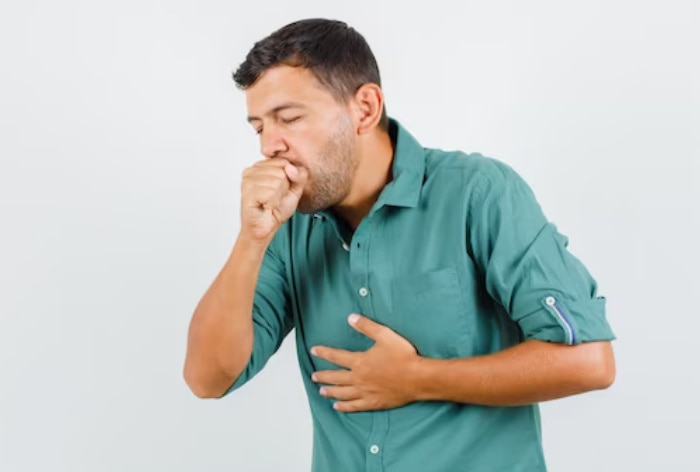Getting wet in the rain can exacerbate allergies which, if left untreated, can spread to the lungs, leading to coughs, colds, and phlegm.
Monsoon Health: You probably anticipate the arrival of the monsoon whether you live in a metropolis or a small town. While taking the first shower of the year can be fun, you need to protect yourself if you want to stay healthy and avoid viral infections. Standing water is the perfect breeding habitat for parasites like mosquitoes. Throughout the year, respiratory infections are common, but they are more common as one season ends and another begins. However, during the monsoon, these infections can become more serious and can exacerbate existing illnesses.
8 TIPS TO PROTECT YOURSELF FROM RESPIRATORY DISEASES DURING THE MONSOON
- Eat a healthy, balanced diet: Your immune system can be strengthened and your chance of respiratory infections decreased by eating a well-balanced diet rich in fruits, vegetables, lean meats, and whole grains. Also, you should supply bad items like processed foods as they can affect your immune system.
- Maintain personal hygiene: To reduce the risk of developing respiratory infections, shower every day and keep your surroundings tidy. Be sure to use antibacterial shower products to protect yourself from harmful germs.
- Keep hydrated: To stay well hydrated and to support your immune system, drink plenty of fluids, such as water, herbal tea, or hot soups. An individual should consume 2 to 3 liters of water per day on average. If drinking water alone seems monotonous, you can also try detox water.
- Avoid crowded areas: Avoid congested areas during the monsoon season as respiratory diseases can spread rapidly. If avoiding public places is impossible, another option is to wear a face mask.
- Vaccines: To protect yourself during the monsoon season, talk to your healthcare provider about getting vaccinated against common respiratory illnesses, such as influenza, pneumonia, or COVID-19.
- Cover your mouth and nose: If you want to stop respiratory droplet transmission, cover your mouth and nose with a tissue or your elbow when you cough or sneeze. Keep a safe distance from those who may be contagious, such as those with a cold or cough.
- Wash your hands: One of the best strategies to stop the transmission of respiratory infections is regular hand washing with soap and water for at least 20 seconds. Use hand soap that can help kill germs, and wash your hands often throughout the day.
- Avoid touching your face: Avoid touching your face because the mouth, nose, and eyes are entry points for bacteria and viruses. Germs can also be present in our environment, including phones, remote controls, and other items.
Numerous monsoon disturbances could be caused by inadequate sunlight and wet conditions. Monsoon diseases can be spread through mosquito bites, water, or air. As a result, we must take protective measures. Tips to prevent monsoon disease are easy to implement.
Published Date: July 14, 2023 8:47 AM IST
–>
–>


